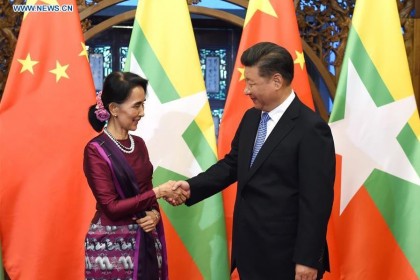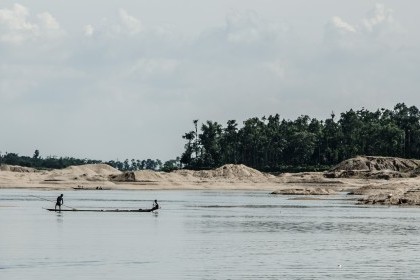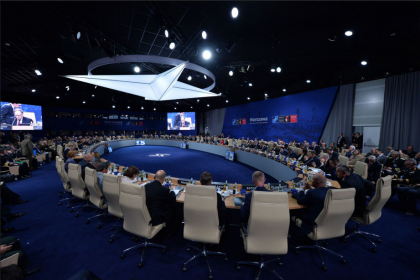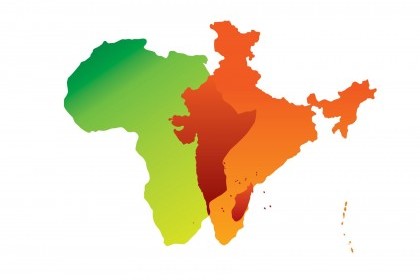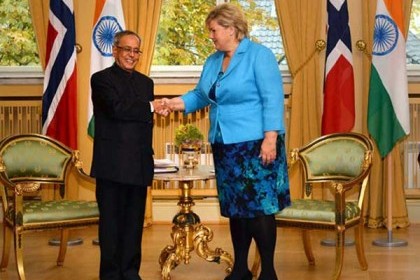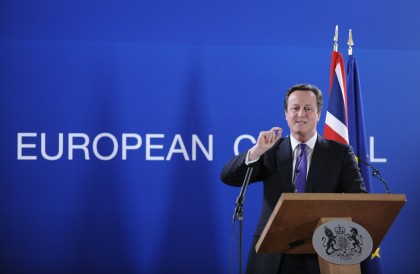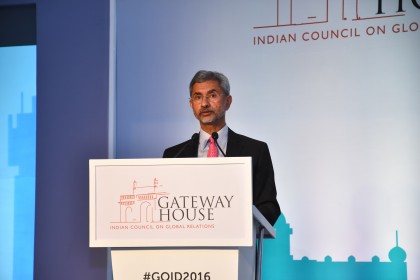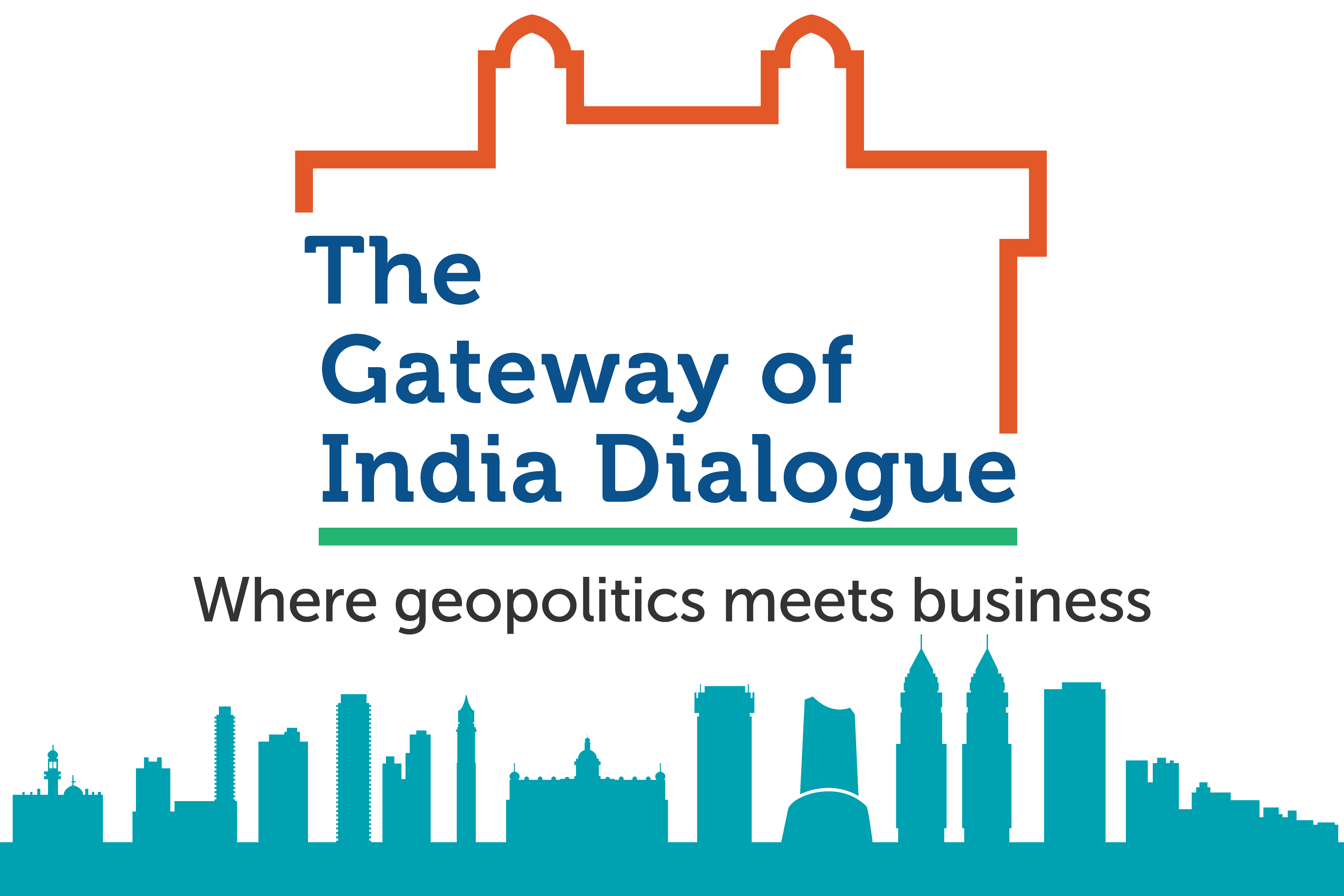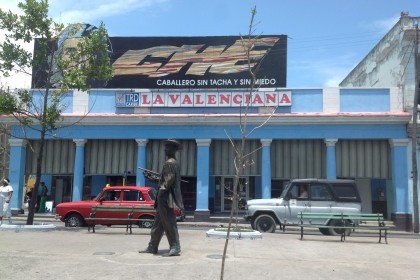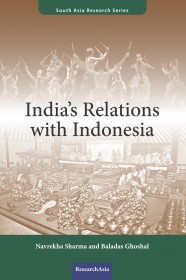Suu Kyi in China: Asian balancing act
Aung San Suu Kyi’s recent visit to China heralds the return of Myanmar into the geo-strategic fold. The visit has demonstrated the Chinese willingness to woo its neighbour, and is an indicator that India needs to step up its relations with Myanmar.

